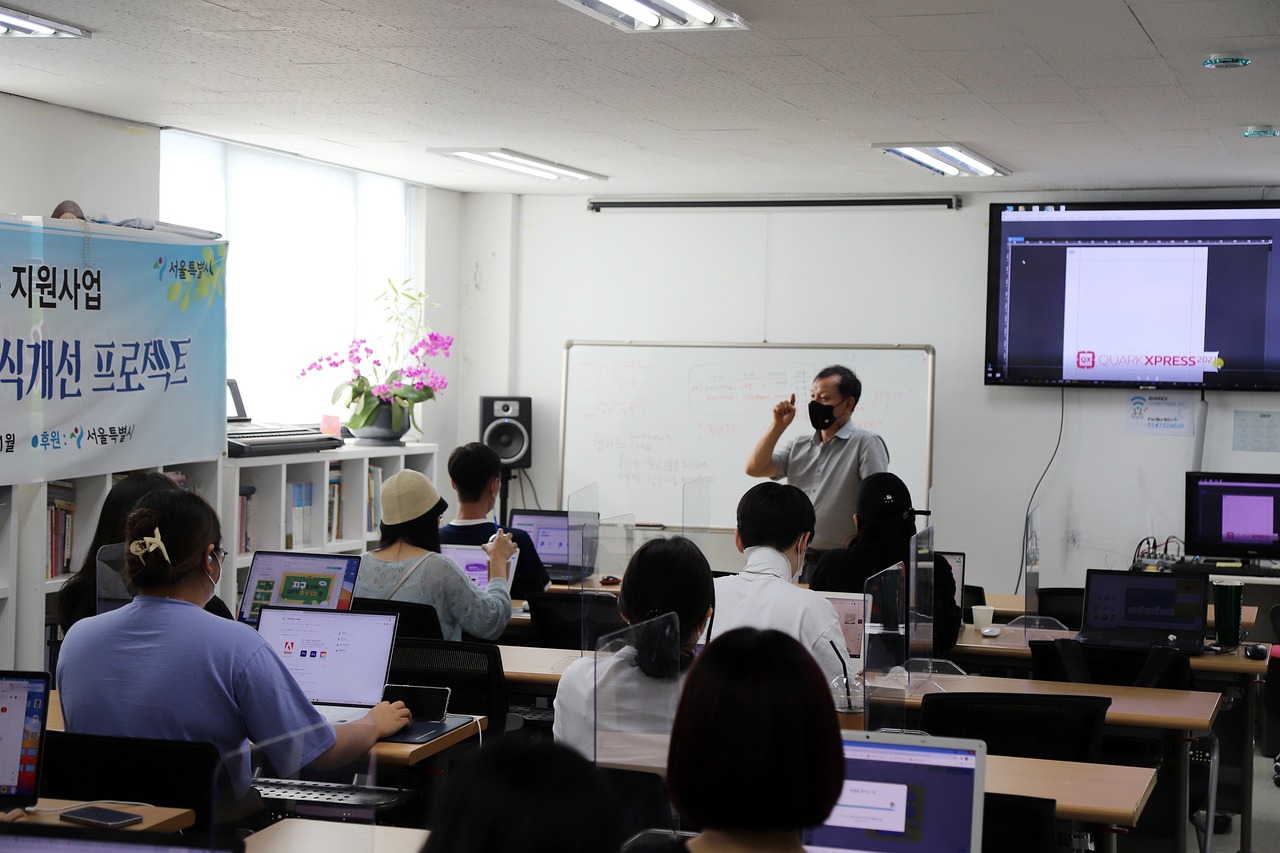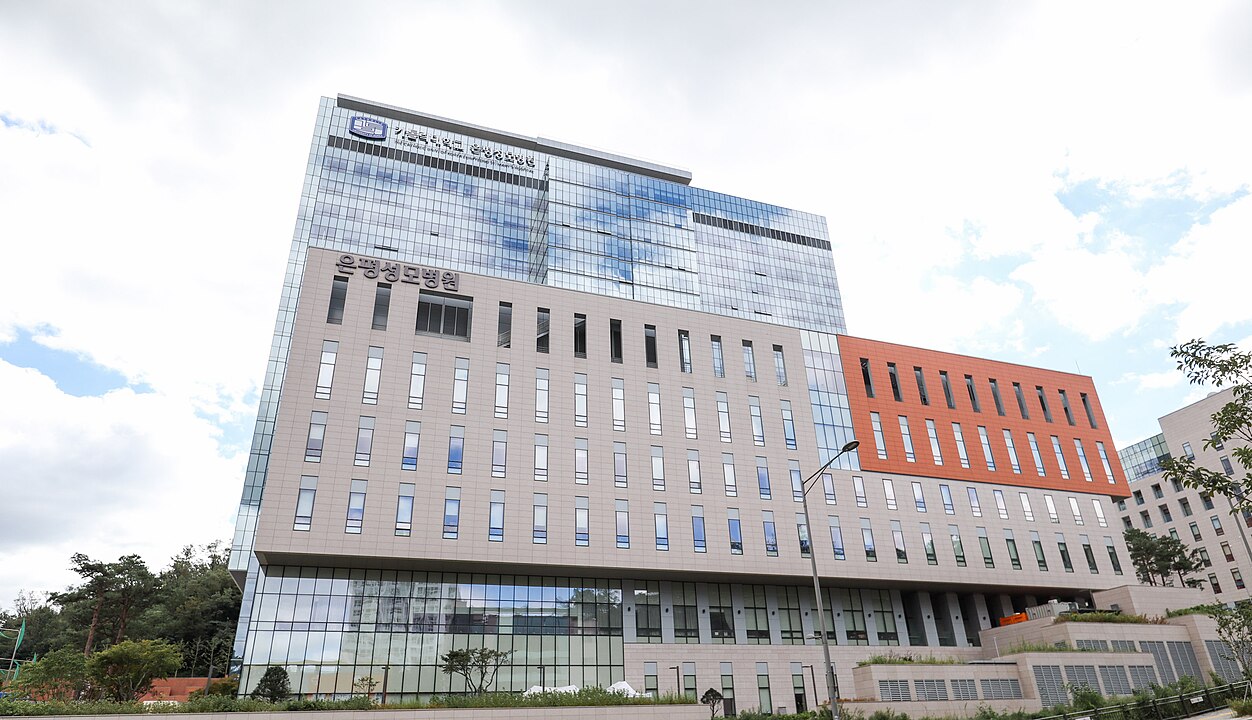The Korean education system has gained worldwide recognition for its emphasis on academic excellence, producing some of the highest-performing students globally. This article delves into the distinctive features of the Korean education system, shedding light on its strengths, challenges, and the impact it has on students.
A Focus on Education
Education holds a paramount position in Korean society, with an ingrained belief that academic success is the key to a prosperous future. From a young age, students are immersed in a highly competitive environment that places immense value on academic achievements. This dedication to education is reflected in the country’s impressive literacy rates and strong performance in international assessments such as the Programme for International Student Assessment (PISA).
Rigorous Curriculum
The Korean education system follows a rigorous curriculum that encompasses a wide range of subjects. Core subjects include mathematics, science, Korean language, social studies, and English. Additionally, students engage in extracurricular activities, including music, arts, and physical education. The curriculum is designed to foster a well-rounded education and ensure students acquire a broad knowledge base.

Long School Days and Intensive Study
One defining characteristic of the Korean education system is the long school days and intense study hours. Students typically attend school from early morning until late afternoon, followed by after-school tutoring sessions called “hagwon.” These supplementary classes extend well into the evening and can contribute to the demanding workload students face. The dedication to education often extends to weekends and holidays, where students frequently participate in additional study sessions.
High-Stakes Examinations
A crucial aspect of the Korean education system is the high-stakes college entrance examinations, known as the College Scholastic Ability Test (CSAT). The results of this standardized test largely determine a student’s admission into prestigious universities, leading to immense pressure on students to excel academically. The CSAT is often considered a life-defining moment for Korean students, shaping their future prospects and opportunities.
Teacher Authority and Respect
Teachers in the Korean education system hold a position of authority and command respect from their students. This hierarchical relationship fosters discipline and creates a structured learning environment. Respect for teachers is deeply ingrained in Korean culture and contributes to the overall discipline and order observed within classrooms.

Challenges and Evolving Perspectives
While the Korean education system has achieved significant academic accomplishments, it also faces challenges and criticisms. The intense focus on rote memorization and exam preparation has been criticized for stifling creativity and critical thinking skills. Efforts are being made to shift towards a more student-centered and holistic approach to education, promoting innovation and fostering individuality.
The Korean education system, renowned for its rigorous curriculum and high academic standards, has played a significant role in shaping the country’s economic success. However, the system is not without its shortcomings, as concerns regarding mental health, excessive academic pressure, and lack of creativity have come to light. As Korean society continues to evolve, so too does the education system, with ongoing efforts to strike a balance between academic excellence and the overall well-being of students. Ultimately, the Korean education system remains a testament to the nation’s commitment to education and its pursuit of excellence.
